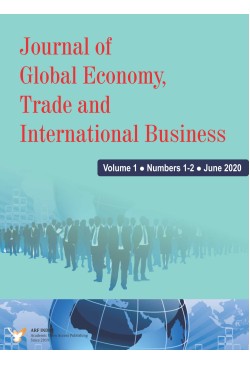This paper focuses on developing strategies to alleviate women’s problems in the disaster-prone areas of Bangladesh. Societal response in Bangladesh towards women’s difficulties, often fail to be practically implementable in this conservative milieu. This situation is aggravated because shelters are few and overcrowded during times of environmental disasters. Occupying these is often prohibitive for women as there is no privacy from strange men, who also harass them. By laying emphasis upon segregated shelters, coping mechanisms of households and responses of women, attention is focused on policies towards revitalizing females in the economy. Females, who are at the helm of households’ adjustments, repeatedly fail to avail migration. Women’s untenable structural and environmental milieu in their community, affects their resilience. Women tend to the households, children, elderly and also guard the property and livestock, which limit their abilities and hence precludes migration. Using unique methodology involving snowball sampling techniques, quantitative, qualitative, retrospective compilation of data that elicits in-depth, informed interviews of migrants and non-migrants, this paper has drawn a vivid picture of the affected population. This would enable more sensitive policies directed at women and contribute to formulation of more gender disposed and nuanced strategies to assist environmental hazard victims.
Keywords : females, shelters, environmental hazard, policies, Bangladesh.
JEL Classification: Q50, Q54, Q56, J16
Anwara Begum (2023). Mitigation, Adaptation and Building Resilience of the Risks to Females in Bangladesh due to Environmental Hazards: An Analysis. Journal of Global Economy, Trade and International Business. 3(2), 95-123. https://
DOI:10.47509/
JGETIB.2023.v03i02.01
